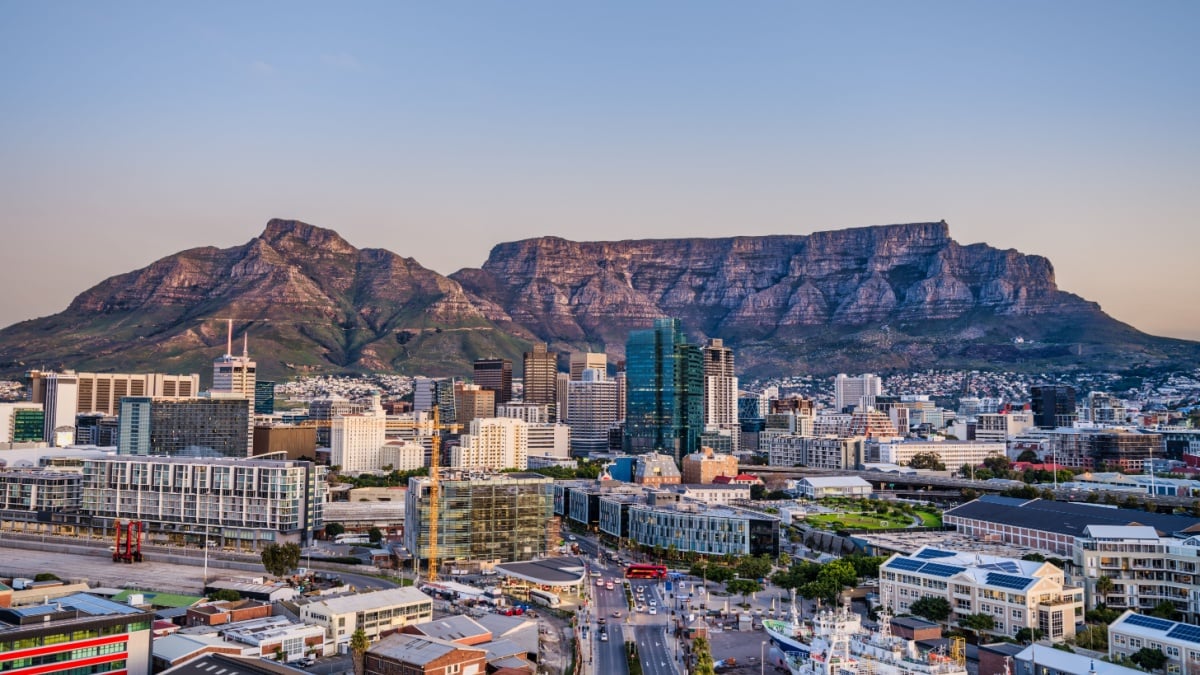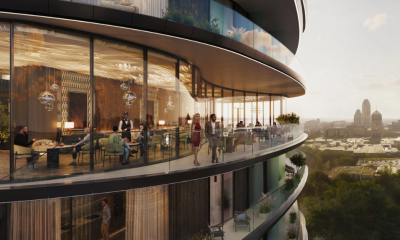Business
Why Big Business is Leaving Gauteng for the Western Cape in 2025

Service failures reach breaking point
Johannesburg’s water shortages and rolling blackouts have long been part of daily life for residents, but now the cracks are pushing South Africa’s biggest property investors to make tough choices. Communities like Coronationville and Westbury have already taken to the streets to protest weeks of dry taps. Even some of the city’s wealthiest suburbs have found themselves hauling water, a sign of just how deep the failures run.
For commercial property giants, this is no longer something that can be absorbed quietly. Gauteng’s infrastructure struggles are now driving capital out of the province.
The Western Cape advantage
Hyprop Investments, South Africa’s largest listed shopping centre company, has been shifting its portfolio south. Chief executive Morné Wilken said the difference in governance between Gauteng and the Western Cape is impossible to ignore. “The infrastructure is much better looked after. In terms of value, we are actually bigger in the Western Cape than in Gauteng.”
Hyprop already owns Cape landmarks like Canal Walk, Somerset Mall, and Cape Gate. Its latest purchase, Table Bay Mall, has been described as a smart buy thanks to strong demographics and growth potential. The proof is in the numbers: tenant turnover at the centre rose 10% in the past year, and Hyprop is already planning expansions to keep pace with demand.
By contrast, in Gauteng the company is spending heavily on basics that should be provided by local government. It pays for backup water, solar systems, road repairs, and even security patrols, all while still covering high municipal rates. “It just costs you much more. You need to adapt or leave, so we’re adapting,” Wilken explained.
Shifting portfolios and big exits
Hyprop is not alone. Growthpoint Properties, South Africa’s biggest property group, has been steadily selling out of underperforming areas. Since 2017 it has sold 40 office buildings worth R5.5 billion and 29 retail centres worth R3.9 billion. In 2025 alone, Growthpoint disposed of R1.4 billion in office and retail space.
At the same time, the group is pouring money into the Western Cape, including R1.6 billion in new projects. A major slice of that is a R161.4 million redevelopment of Bayside Mall in Table View.
Even in Gauteng, where it has sold Hyde Park Corner, Hyprop has chosen to hold onto Rosebank Mall because of its strong performance after offices reopened. But the overall direction is clear: future bets are placed where services are stable.
The numbers tell the story
Recent data from Lightstone backs up the trend. The Western Cape, despite having an economy less than half the size of Gauteng’s, now accounts for nearly 31% of all property transaction value in South Africa. The province tops governance rankings and continues to show growth across farming, finance, business services, and real estate.
In other words, investors are putting their money where the basics still work.
What this means for Gauteng
For businesses that can no longer afford to spend millions filling potholes or carting in water, Gauteng is becoming harder to justify. Johannesburg still carries weight as the country’s financial hub, but its inability to guarantee services is costing it investment.
Meanwhile, the Western Cape is positioning itself as the safe bet: a place where infrastructure holds, governance delivers, and growth is measurable. If the trend continues, 2025 may be remembered as the year when South Africa’s business map began to redraw itself.
Also read: Security Gates in South Africa 2025: The Safety Warning for Homeowners
Follow Joburg ETC on Facebook, Twitter, TikT
For more News in Johannesburg, visit joburgetc.com
Source: Business Tech
Featured Image: Daily Investor



















